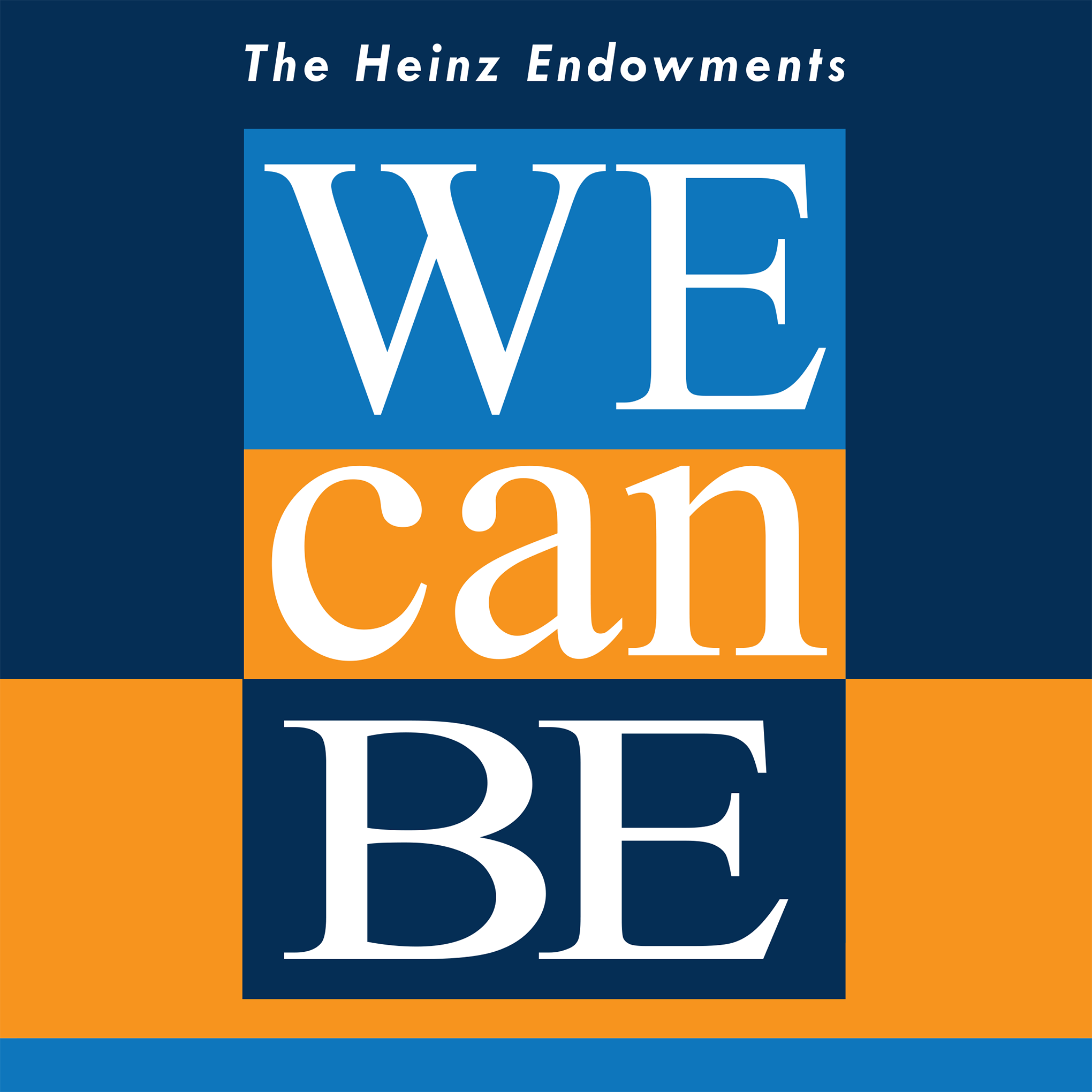
Those working for a more just world share their stories of community and possibility to host - and The Heinz Endowments President - Chris DeCardy. Episodes take you behind the scenes of in-the-news individuals and topics, revealing honesty, humanity and hope at every turn.
Those working for a more just world share their stories of community and possibility to host - and The Heinz Endowments President - Chris DeCardy. Episodes take you behind the scenes of in-the-news individuals and topics, revealing honesty, humanity and hope at every turn.
Episodes
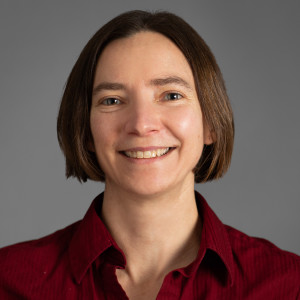
Wednesday May 01, 2019
Wednesday May 01, 2019
Groundwater poisoned from fracking, toxic coal sludge, and industrial pollution can sicken those who live near the source, and ruin land for generations to come. Often those most acutely affected are also those with the least resources to fight for environmental justice.
So, Emily Collins did something about it, founding Fair Shake, the nation’s first nonprofit law firm devoted to providing environmental legal services regardless of the client’s ability to pay.
Hear about Emily's journey from the woods of her family’s Ohio homestead to the courtroom where she and the Fair Shake team work with individuals, community groups, nonprofit organizations and farmers to give them a fighting chance in their environmental battles.
And those battles have increasingly higher stakes, too. “I used to work on cases about impacts to one waterway,” Emily says. “Now, I find myself writing sentences like ‘the project will disturb 246 acres, resulting in impacts to 14 wetlands, one pond and 67 streams.’”
Emily shares the very first environmental “citation” she gave – she was in elementary school – and explains why she and her Fair Shake team have run and cycled thousands of miles on the land of those for whom they advocate.
“The environmental fights many are facing are not just David versus Goliath, but more like David versus two Goliaths,” Emily says.
Hear how Emily is helping even those astronomical odds in this episode of “We Can Be.”
“We Can Be” is hosted by Heinz Endowments President Grant Oliphant, and produced by the Endowments and Treehouse Media. Theme music by Josh Slifkin, with incidental music by Giuseppe Capolupo. Guest image by Josh Franzos. Audio clips at marks 23:51 and 25:29 feature the voice of environmentalist and “Silent Spring” author Rachel Carson. For guest consideration, contact Scott Roller at sroller@heinz.org.
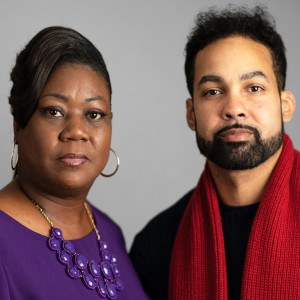
Wednesday Apr 24, 2019
Wednesday Apr 24, 2019
Sybrina Fulton is the mother of slain teen Trayvon Martin, and Jasiri X is the co-founder of anti-violence artist collective 1Hood Media, but both are so much more than those descriptors suggest.
“He was my youngest boy,” says Sybrina of her son Trayvon, the unarmed 17-year-old who was followed and shot to death in 2012 by a neighborhood watch coordinator for “looking suspicious” in a Sanford, Fla., gated community. “He loved aviation, Skittles, babies and his family. He was a regular kid.”
Recording artist-activist Jasiri X, who also is a father, remembers the moment he first heard about Trayvon’s death. “I was used to police killing us, but at that moment it felt like anyone could kill us and get away with it,” he says. “It felt like open season on black men and boys.”
In this episode of “We Can Be,” Sybrina shares her moving journey from grieving mother to author (“Rest in Power: The Enduring Life of Trayvon Martin”) and activist (The Trayvon Martin Foundation).
Her story has helped to inspire millions – including Jasiri X who wrote a song titled “Trayvon” - to speak up against gun violence, “stand your ground” laws and racial profiling.
In the wake of the killing of unarmed Pittsburgh teenager Antwon Rose II, voices like those of Sybrina Fulton and Jasiri X are more vital than ever.
“I speak for and from Trayvon Martin,” says Sybrina of her son, whose death sparked the Black Lives Matter movement. “I stand for the other mothers who cannot.”
“We Can Be” is hosted by Heinz Endowments President Grant Oliphant, and produced by the Endowments and Treehouse Media. Theme music by Josh Slifkin. Incidental music by James Royce and Isaiah Small. Guest image by Josh Franzos.

Wednesday Apr 17, 2019
Wednesday Apr 17, 2019
With over 2.5 million weekly “Very Smart Brothas” readers, a GQ column and new Harper Collins book “What Doesn’t Kill You Makes You Blacker,” Damon Young is artfully illuminating life as a black man in 21st century America.
“So many of the narratives about being black in America are ensconced in deep trauma,” says Damon. “And yes, we do deal with racism, oppression and structural inequality, but I hope my writing shares that there is also beauty, love, passion, and humanity in that experience, too.”
Damon shares his take on the role white privilege played in the killing of 17 year-old unarmed black teenager Antwon Rose II by a white former East Pittsburgh police officer, the conversation about homophobia he hopes is sparked by a chapter in his new book, and how systemic inequality has led him to experience the “hyper-cognizance” of his blackness.
Damon talks with host Grant Oliphant about why Hannah Gadsby’s Netflix comedy special “Nanette” is definitely in his “love” column, and whether having an infant son really means that he can “finally start respecting men as people.”
His writing is a seamless weaving of intelligence, humor and heartfelt empathy, not unlike the man himself. Experience the full spectrum of writer Damon Young on this episode of “We Can Be.”
“We Can Be” is hosted by The Heinz Endowments President Grant Oliphant, and produced by the Endowments and Treehouse Media. Theme and incidental music by Josh Slifkin. Guest image by Josh Franzos. This episode contains adult language.
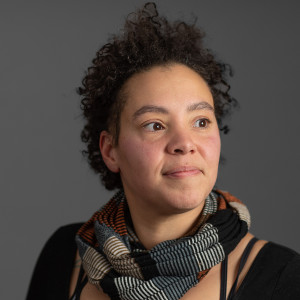
Wednesday Apr 10, 2019
Archeology, family & fantasy: the fantastic Afrofuturist art of Alisha Wormsley S2E03
Wednesday Apr 10, 2019
Wednesday Apr 10, 2019
“THERE ARE BLACK PEOPLE IN THE FUTURE," in cut-out white letters on the black background of a steel billboard, stood high above Pittsburgh’s rapidly changing East Liberty neighborhood last spring – and brought national acclaim to interdisciplinary artist and cultural producer Alisha Wormsley.
But that science fiction-inspired contribution to The Last Billboard art project – and the controversy its removal sparked – is but one brush stroke in an artistic career that has spanned nearly two decades and numerous continents.
“I don’t consider myself an activist,” Alisha says, “but my art is active.” It is indeed active – and vibrant – weaving family history, an archeologist’s sensibility, and a love of sci-fi into photographic, film, mural, performance and multi-dimensional works of art.
Learn how a Zora Neale Hurston book about the religious experience of post-emancipation African Americans, her brother’s Marvel comic obsession, and “The Walking Dead” AMC television show have all influenced the smart, moving, beautiful, and absolutely vital art of Alisha Wormsley.
“We Can Be” is hosted by The Heinz Endowments President Grant Oliphant, and produced by the Endowments and Treehouse Media. Theme music by Josh Slifkin; incidental music by Giuseppe Capolupo. Guest image by Josh Franzos. Billboard image: thelastbillboard.com
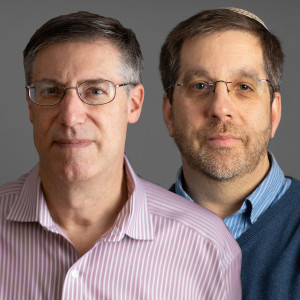
Wednesday Apr 03, 2019
Wednesday Apr 03, 2019
In this second episode of a two-part series, Jewish community leaders share their distinct and moving perspectives of what happened on Oct. 27, 2018, when a lone gunman opened fire on worshipers at the Tree of Life synagogue in the Squirrel Hill neighborhood of Pittsburgh. Eleven people were killed in what would become the deadliest attack on the Jewish community in our nation’s history.
Host Grant Oliphant speaks with the Jewish Community Center of Greater Pittsburgh’s executive director, Brian Schreiber, and the Center for Loving Kindness and Civic Engagement’s Rabbi Ron Symons.
With the world’s focus on their community, Brian and Rabbi Ron were among those that did all they could to honor traditions and the lives lost in the hours after the tragedy. “We didn’t think about courage,” said Brian. “We just thought about doing the right thing.”
“A world where we don’t have to deal with this type of hatred is a world that is yet to be,” said Rabbi Ron. “But we have to do our best to try to get to that place, and we will have to be activists to make it happen.”
“We Can Be” is hosted by Heinz Endowments president Grant Oliphant, and produced by the Endowments and Treehouse Media. Theme and incidental music composed and performed by Josh Slifkin. Guest and header images by Josh Franzos.
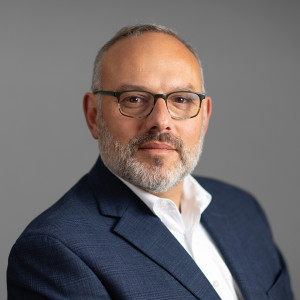
Wednesday Mar 27, 2019
Wednesday Mar 27, 2019
The early morning of Oct. 27, 2018, began with promise, ethereally foggy with sunlight shining through the occasional crack in the haze to highlight the fall foliage.
Then, at 9:50 a.m., a lone gunman opened fire on worshipers at the Tree of Life synagogue in the Squirrel Hill neighborhood of Pittsburgh, killing 11 people in what would become the deadliest attack on the Jewish community in our nation’s history.
In this two-part episode, we will hear three distinct and moving perspectives of what happened that day and in the weeks that followed as the Jewish community, city and country persevered through grief, reckoned with reality, and found that random acts of beauty and unity are the new normal.
In part one, host Grant Oliphant speaks with Jewish Federation of Greater Pittsburgh CEO Jeff Finkelstein.
The Jewish Federation has assisted Jewish people affected by traumatic events for more than 100 years, and Jeff shares heart-rending details of what he – and fellow Jewish leaders – did in the hours and days after the massacre at Tree of Life was thrust upon Pittsburgh.
“We know that, for those closest to the tragedy, the pain will last a lifetime,” Jeff said. “But we can’t turn away.”
“We Can Be” is hosted by The Heinz Endowments President Grant Oliphant, and produced by the Endowments and Treehouse Media. Theme and incidental music composed and performed by Josh Slifkin. Guest and header image by Josh Franzos.
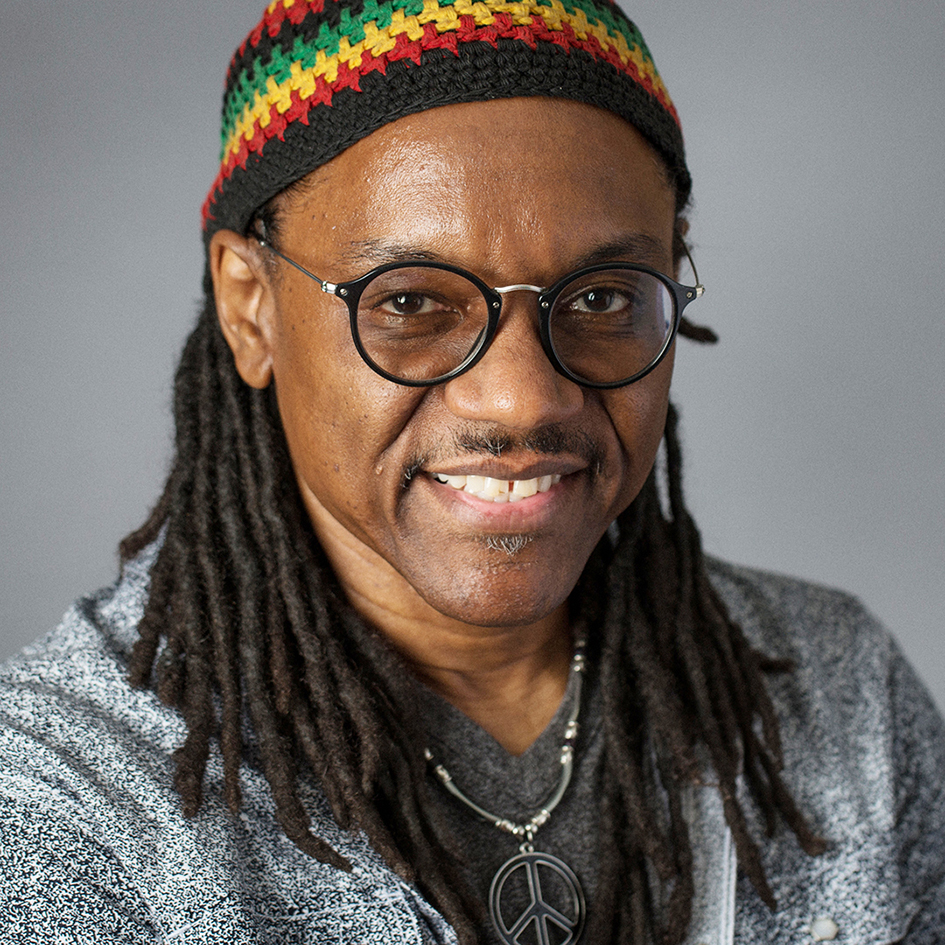
Wednesday Jul 25, 2018
Wednesday Jul 25, 2018
The story of Hazelwood is a familiar one: A vibrant riverfront community with an industrial past flourished until the late 1980s when the steel industry bottomed out, leaving longtime residents with a decimated economy.
But this archetypal American story is different, too, and the Rev. Tim Smith is a big reason why. As CEO of Center of Life and pastor of Keystone Church of Hazelwood, Tim has a daily insight into the struggles, hope and beauty of those who are determined to keep the soul of their Pittsburgh neighborhood alive and thriving.
Tim sees the intricate interweaving of these individual lives — both their hard times and soaring happiness — blend together to form the fabric of a community he clearly loves.
He talks about the single thing that most impacts kids’ lives today, the realization about his own life’s direction that “went all through” him, and why art and music may be key to tipping the scale of his community’s youth toward the good.
“If you want to stir up a community,” says Tim, “you have to be willing to be stirred by that community first.”
Be stirred by Tim’s steady passion and hear how the residents of his neighborhood are lifting the arc of their American story to new heights on this episode on “We Can Be.”
“We Can Be” is hosted by The Heinz Endowments’ Grant Oliphant and produced by the Endowments and Treehouse Media. Theme music is composed by John Dziuban, with incidental music by Josh Slifkin. Additional music in this episode: "Precious," composed by Ben Clifton for Center of Life Jazz.
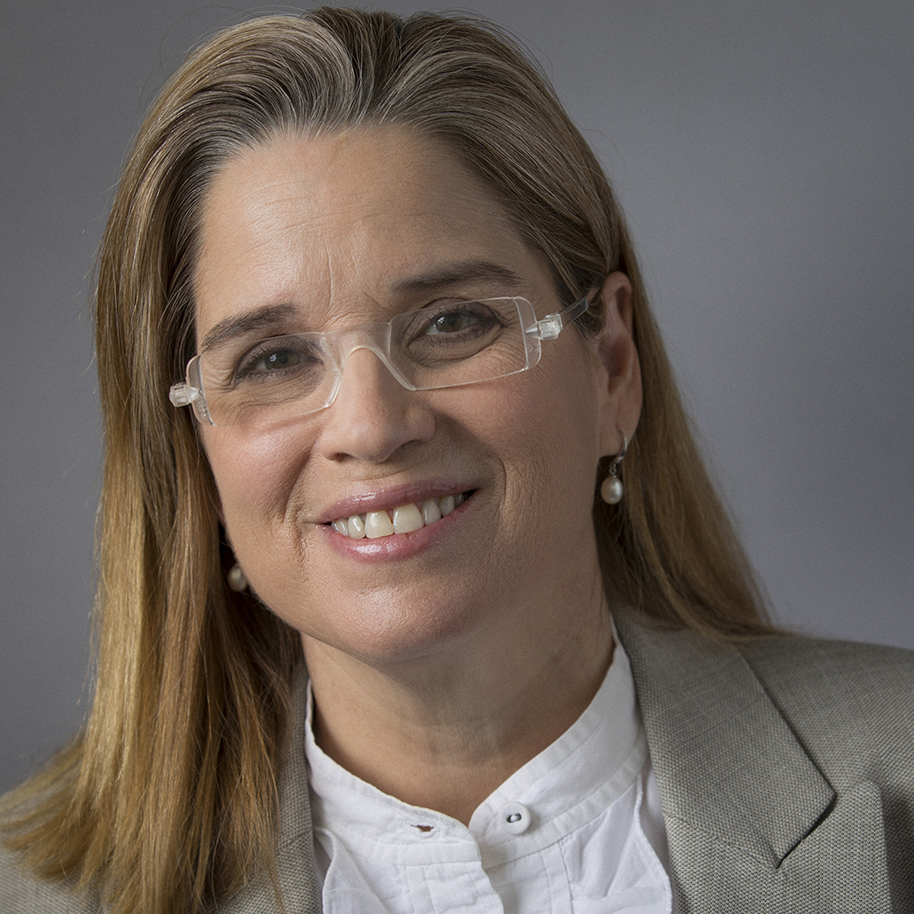
Wednesday Jul 18, 2018
Wednesday Jul 18, 2018
San Juan, Puerto Rico Mayor Carmen Yulin Cruz is the star of a grainy 8mm home movie that shows her as a toddler in her mother’s arms. Off-screen, her father asks what she wants to be when she grows up.
Her answer: “Alcalde de San Juan” – the mayor of San Juan.
She did indeed grow up to be the mayor of San Juan, Puerto Rico, and the certainty she exuded as a small child flourished into a strong, confident voice.
Yulin showed the world that voice – and came to international prominence - as a tenacious advocate for her city when the government’s relief efforts during the aftermath of Hurricanes Irma and Maria proved devastatingly lacking.
Yulin is not afraid to use her voice to call out injustice when she sees it. “That is what power is about,” she says. “It is about ensuring that we all have access to the things that can help us transform our lives.”
She uses her position and power to speak out when the vulnerable are in need, and is making strides as a proponent of green energy policy that just might make Puerto Rico an example of equitable sustainability for the United States and the world.
Hear her story and experience the refreshing honesty that is Mayor Carmen Yulin Cruz on this episode of “We Can Be.”
“We Can Be” is hosted by The Heinz Endowments’ Grant Oliphant and produced by the Endowments and Treehouse Media. Theme music is composed by John Dziuban, with incidental music by Josh Slifkin.
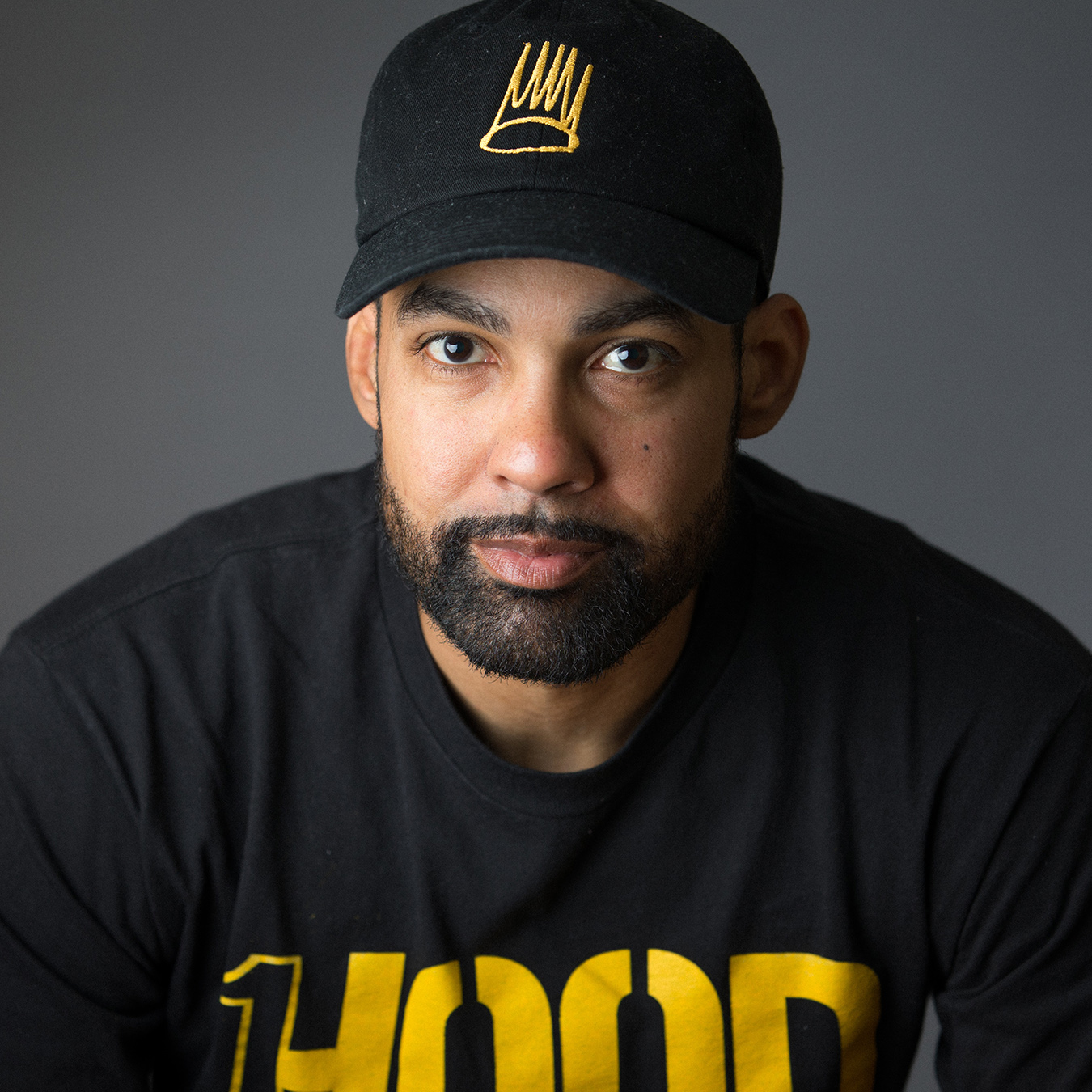
Wednesday Jul 11, 2018
Wednesday Jul 11, 2018
Jasiri Oronde Smith’s mom knew what she was doing when she chose the first name for her baby boy, the Swahili word for “brave.”
That baby grew up to be lauded hip-hop artist and activist Jasiri X.
As a co-founder of 1Hood Media, a collective of socially conscious activists who utilize art to raise awareness about social justice matters, Jasiri X is fostering a new generation of artists and media professionals who use their voices to challenge inequity and unify humanity.
He has raised his own voice by writing and performing songs like “The Whitest House,” “Strange Fruit” and “Song for Trayvon,” and is never afraid to speak truth to the most pressing social issues of our time. For his artistic activism, Jasiri X was awarded a prestigious 2016 Honorary Doctorate of Letters from the Chicago Theological Society, the same institution from which the Rev. Dr. Martin Luther King Jr. received an honorary doctorate nearly 60 years prior.
Jasiri X has been part of recent movements in support of union rights, humane treatment of immigrants and their families, and justice for Trayvon Martin, an unarmed African American youth who was shot to death in Florida by a neighborhood watch volunteer. Most recently, Jasiri X has emerged as a passionate leader in an ongoing series of protests in response to the shooting of unarmed black teenager Antwon Rose Jr. by a white officer in East Pittsburgh, a suburb of the City of Pittsburgh.
“Tragedy is bringing together communities from a cross-section of collective unity like we’ve never seen before,” says Jasiri X, “and that is a hopeful sign.”
Hear how Jasiri X is opening eyes and changing minds one rhyme at a time on this episode of “We Can Be.”
“We Can Be” is hosted by The Heinz Endowments’ Grant Oliphant and produced by the Endowments and Treehouse Media. Theme music is composed by John Dziuban, with incidental music by Josh Slifkin and Akil Esoon.
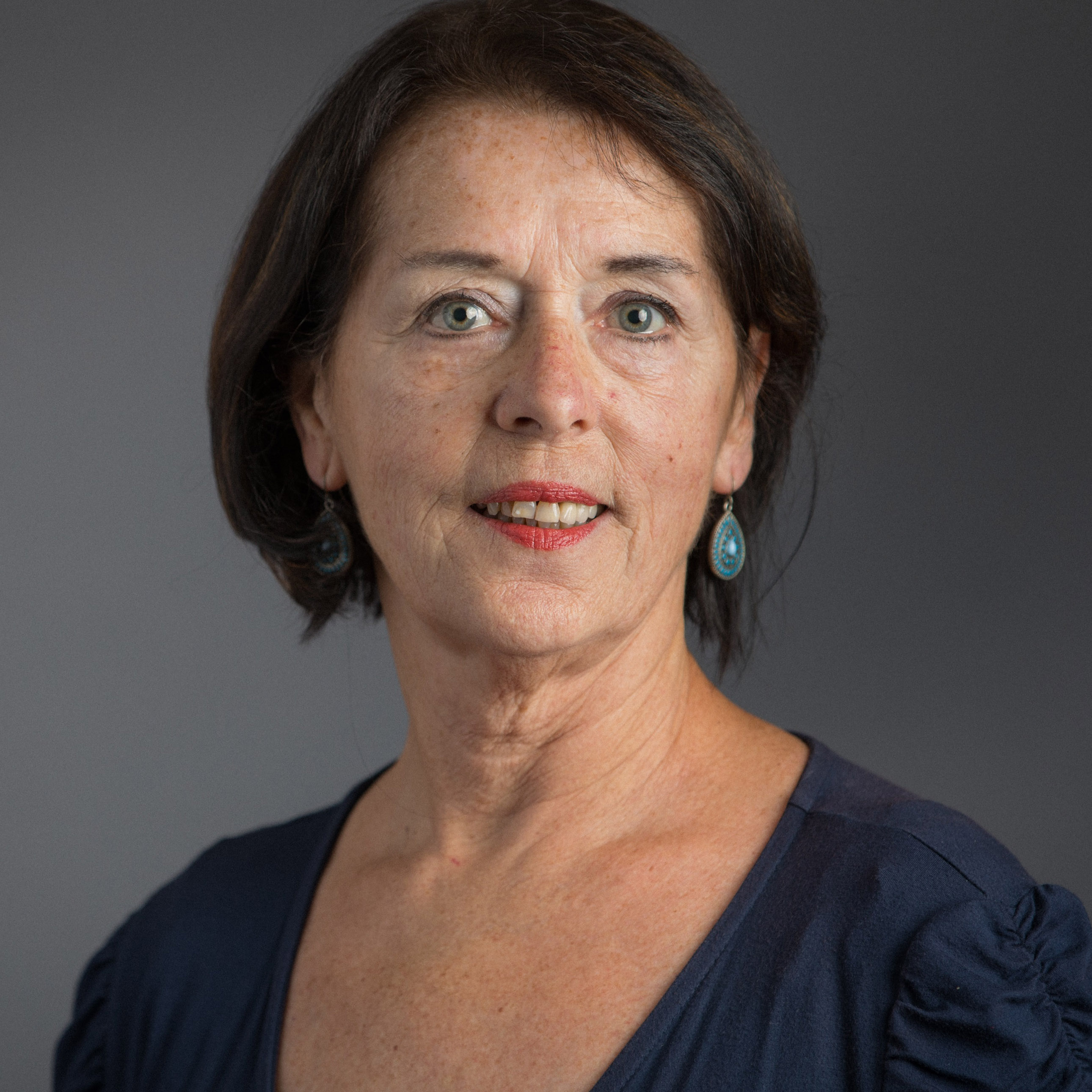
Wednesday Jun 27, 2018
Wednesday Jun 27, 2018
In 1978, Lois Gibbs was a young mother with a child in a school that was found to be built over a toxic chemical waste dump site. Lois gained international attention and incredible momentum in the late ‘70s and early ‘80s as she led the fight for environmental justice for children and families affected by the environmental disaster identified with the neighborhood where it occurred, Love Canal.
“I was waiting on someone to knock on my door and tell me what to do, to explain how I could help,” says Lois of the early days of revelations about the infamous Love Canal dump.
“But no one ever came to my door. So I did something on my own.”
Her persistent activism led to passage of the “Superfund” toxic waste site cleanup legislation. Lois went on to found the Center for Health, Environment and Justice, which has helped more than 10,000 grassroots organizations with technical, organizational or environmental education.
She appears in the 2018 HBO movie Atomic Homeland and was named a “top environmentalist of the past century” by Newsweek magazine. She has been honored with a Heinz Award and the Goldman Prize for her groundbreaking environmental work.
On this 40th anniversary of the Love Canal tragedy, Lois shares how she dealt with being called “a hysterical mother with a sickly child," shares the moment she most clearly saw democracy at its best and the key to success for today’s environmental activists.
"Average people and the average community can change the world,” Lois says.
Hear how she did it - and how you can, too - on this episode of “We Can Be.”
“We Can Be” is hosted by The Heinz Endowments’ Grant Oliphant and produced by the Endowments and Treehouse Media. Theme music is composed by John Dziuban, with incidental music by Josh Slifkin.
